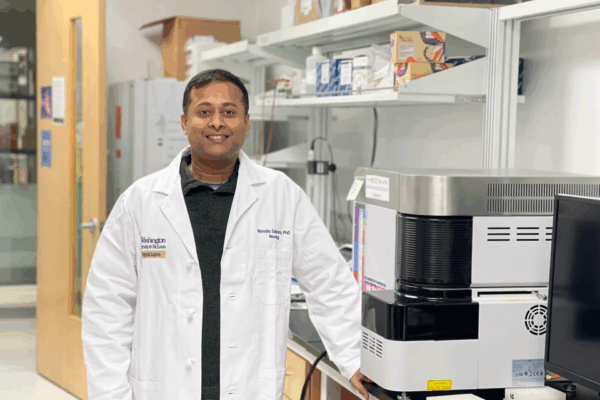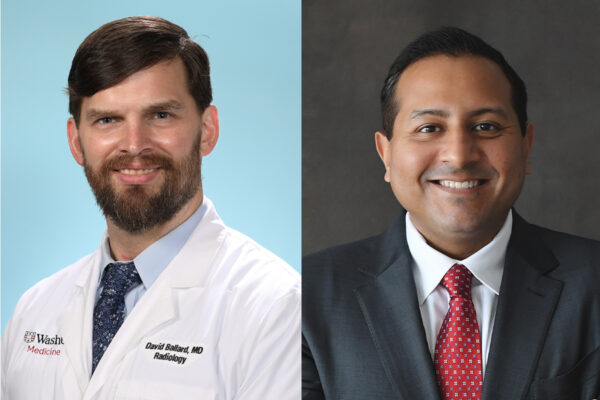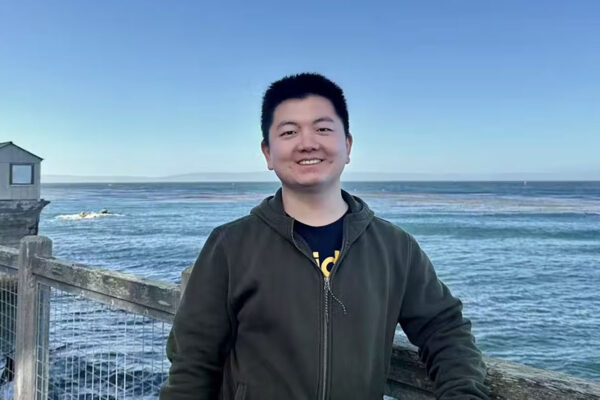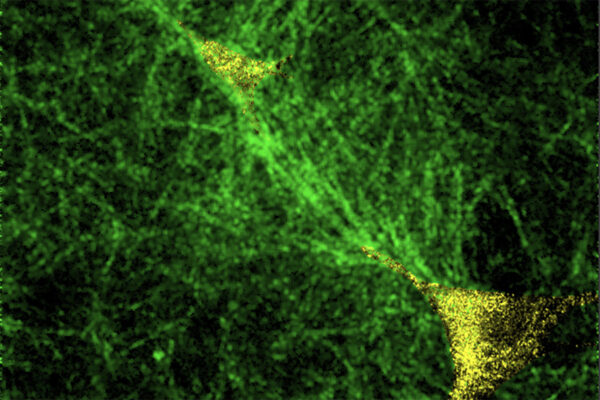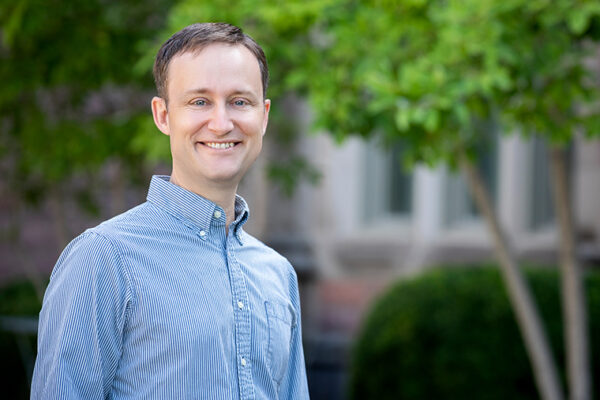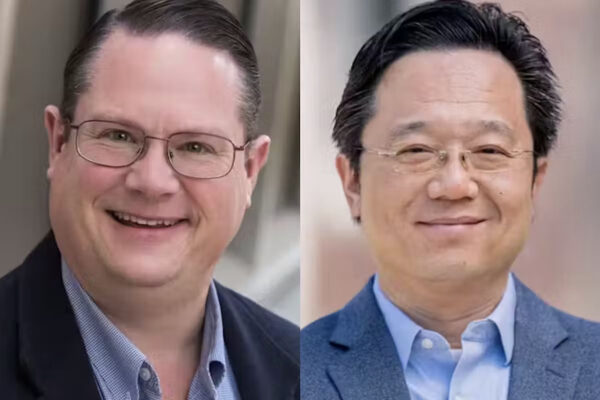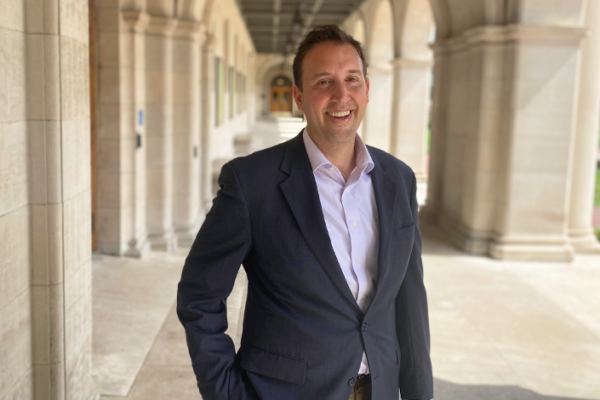T cells found in tonsils differ in key ways from those in blood
Naresha Saligrama, of WashU Medicine, led a multi-institution team that uncovered important differences between human T cells that live in specific tissues and T cells found in the blood, with major implications for future research and diagnostics.
$3.2 million grant funds research on computational AI in fistulizing Crohn’s disease
With a joint award from the Helmsley Charitable Trust, WashU Medicine and Emory University researchers will develop artificial intelligence software tools to improve diagnosis and treatment of a common complication of Crohn’s disease.
Global projects win seed funding
Eleven WashU research teams recently received Global Incubator Seed Grants to kick-start international projects.
Creed to study dopamine system changes in chronic nerve pain
Meaghan Creed, an associate professor of anesthesiology at WashU Medicine, has received a $3.3 million five-year grant from the National Institute on Drug Abuse to study dopamine system changes underlying depression symptoms in people with chronic neuropathic pain.
Wang receives 2025 Google PhD fellowship
Doctoral student Ruiqi Wang at Washington University in St. Louis has received a prestigious Google PhD fellowship for health research.
Tissue ‘tipping points’: How cells collectively switch from healthy to disease states
In recent research, Guy Genin, a biomedical engineer at Washington University in St. Louis, has identified phase transitions in living tissue that could explain why fibrosis suddenly accelerates.
$3 million grant funds research on mental health challenges of Alzheimer’s
Ganesh Chand, an assistant professor at WashU Medicine Mallinckrodt Institute of Radiology, will study why some Alzheimer’s patients experience neuropsychiatric symptoms such as apathy and depression.
Better tools to improve ‘computer vision’
Computer engineers from Washington University in St. Louis have released a round of “computer vision” tools that can help with species classification and autonomous driving technologies.
WashU faculty research honored with ‘test of time’ award
Computer science researchers at Washington University in St. Louis were honored for a paper that has made a longstanding impact on the field of embedded software.
Jabbari receives grant to study social mobility
Jason Jabbari, an assistant professor at the Brown School, has received a two-year $352,943 grant from Arnold Ventures to evaluate the impact of the Cristo Rey Network’s professional work-based learning model on social mobility and racial equity.
View More Stories
